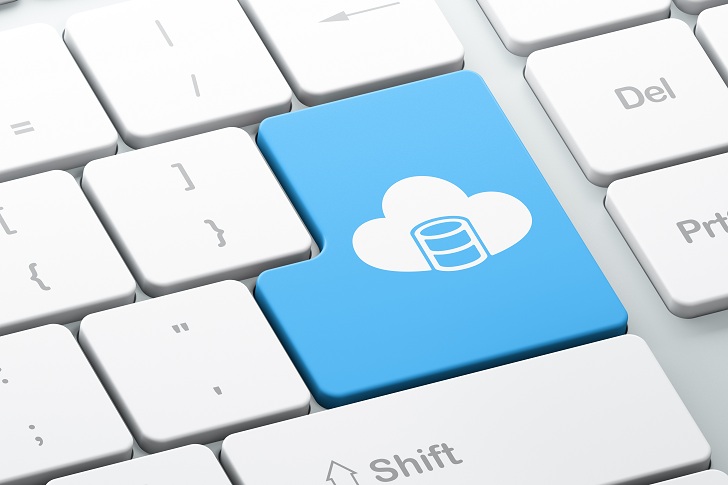
Natural disasters can’t be avoided. Sometimes they come at us when we least expect it. They wreak havoc and then leave us to pick up the pieces. Hurricanes Harvey and Irma brought this issue to the forefront: during a storm, or, really any other natural disaster, people get hurt. More than ever these are the times when accurate patient records and medical history become critical. A cloud based EHR software can help you shield your practice from any natural disasters.
The affected might not always be able to get to their usual provider for help. Caregivers are presented with patients who have never been known to them. With inaccurate patient medical history, the damage could be exacerbated. But what if we could minimize the cleanup? What if we were able to keep health records online, provide consistent patient care and reduce the loss of records? Well, cloud based EHR systems could be one key to being better prepared for natural disasters.
We shouldn’t have to ask a traumatized patient for their medical history or guess the background of a patient who is unresponsive. It is irresponsible and unnecessary. If EHR systems were built with interoperability, along with cloud based systems and offline capability, providers across different systems could access patient data and this would not be an issue. Patients who need emergency care in the midst of a disaster would be able to receive it without having to worry.
In an emergency, providing care is the single most important aspect. A cloud based EHR software is an important tool that can maintain records without falling victim to infrastructure outages. It reduces the risk that comes with an in-house system where if electricity goes out, risks data being corrupted or lost. With the cloud, data integrity is assured since the information is hosted through multiple locations and backups.
When power and internet connectivity is inconsistent, an effective EHR system has offline capabilities that preserve the latest patient data (up until the internet was lost), so doctors won’t have to worry that they’re missing critical information or history. Once the internet comes back online, the system syncs with the latest records, making certain that patient files are up to date.
Many health systems has an aversion to cloud based EHR systems for various reasons: A feeling that they lack control, mistrust in online systems, a fear of loss of employment, fear of hacking vulnerabilities. These are issues that are understandable. However cloud based technology adoption is snowballing in all industries because it provides far more advantages than the perceived disadvantages. It is time healthcare technology participants embrace it.
Implementing a cloud based EHR software, backups of patient data, offline capabilities, EHR interoperability, etc., should be the fundamentals of any ambulatory or acute care systems. However, if health systems don’t already employ these techniques, the recent streak of hurricanes should be a wake up call to get response procedures and processes in place to reduce community damage and decrease response time. Our health systems have an obligation to the people who rely on them to provide the care they need and ultimately provide comprehensive health care.